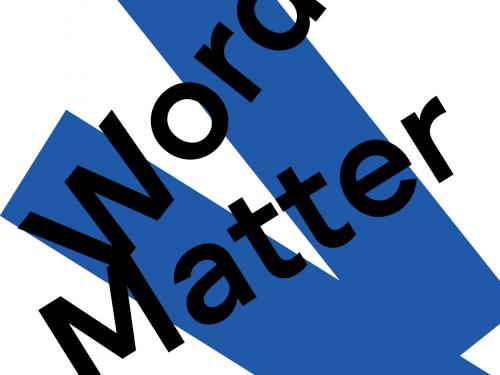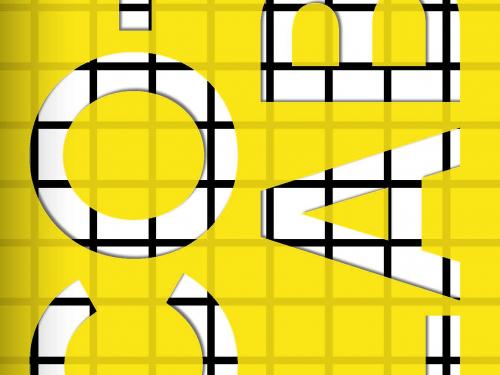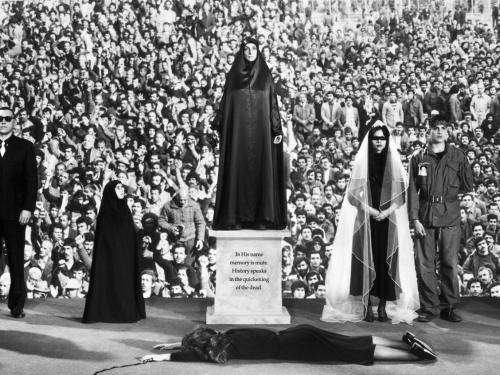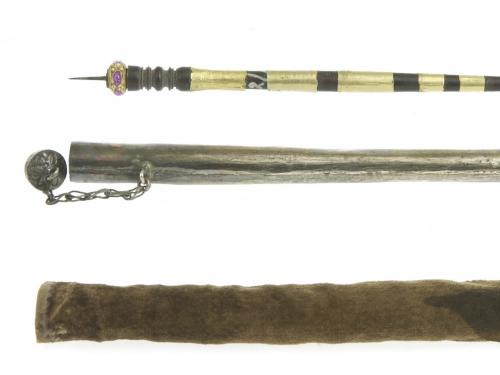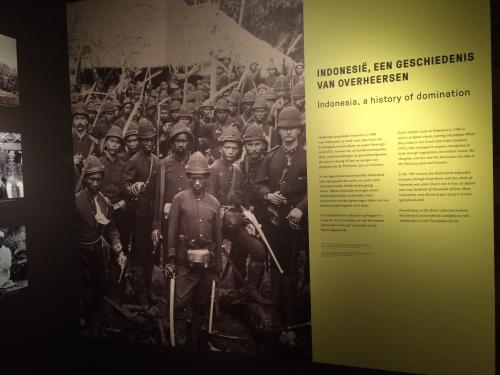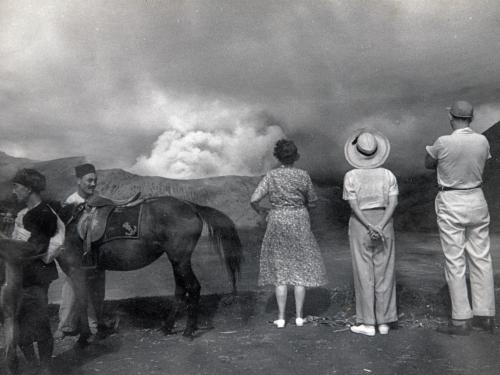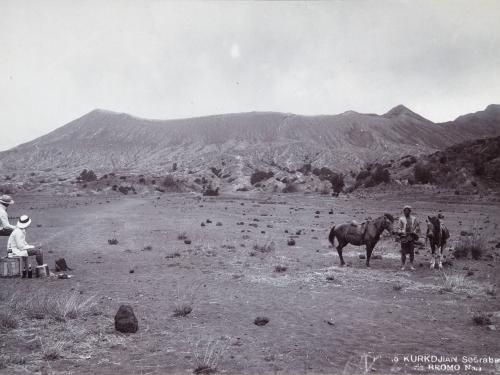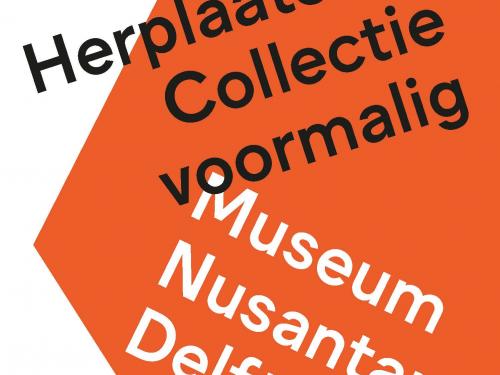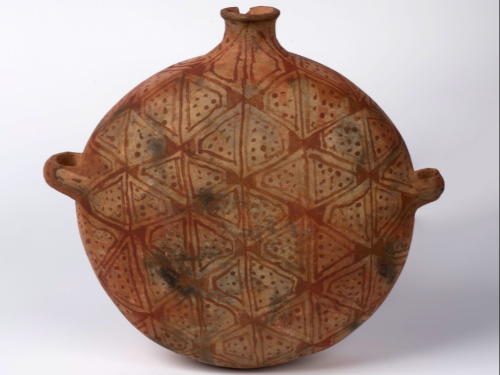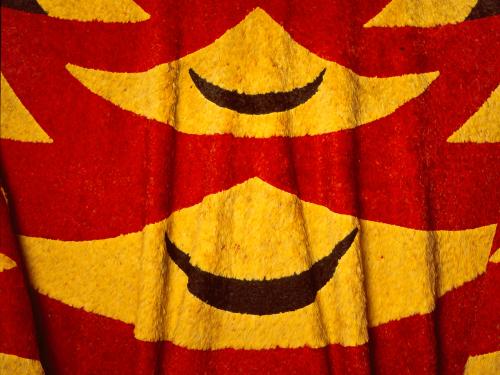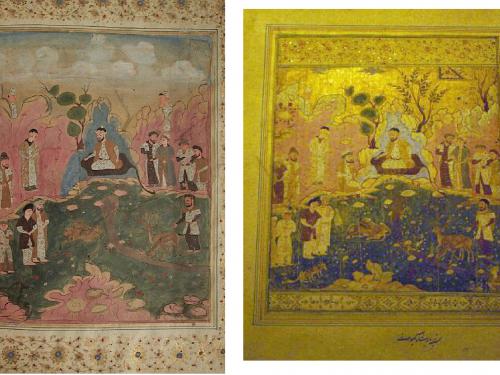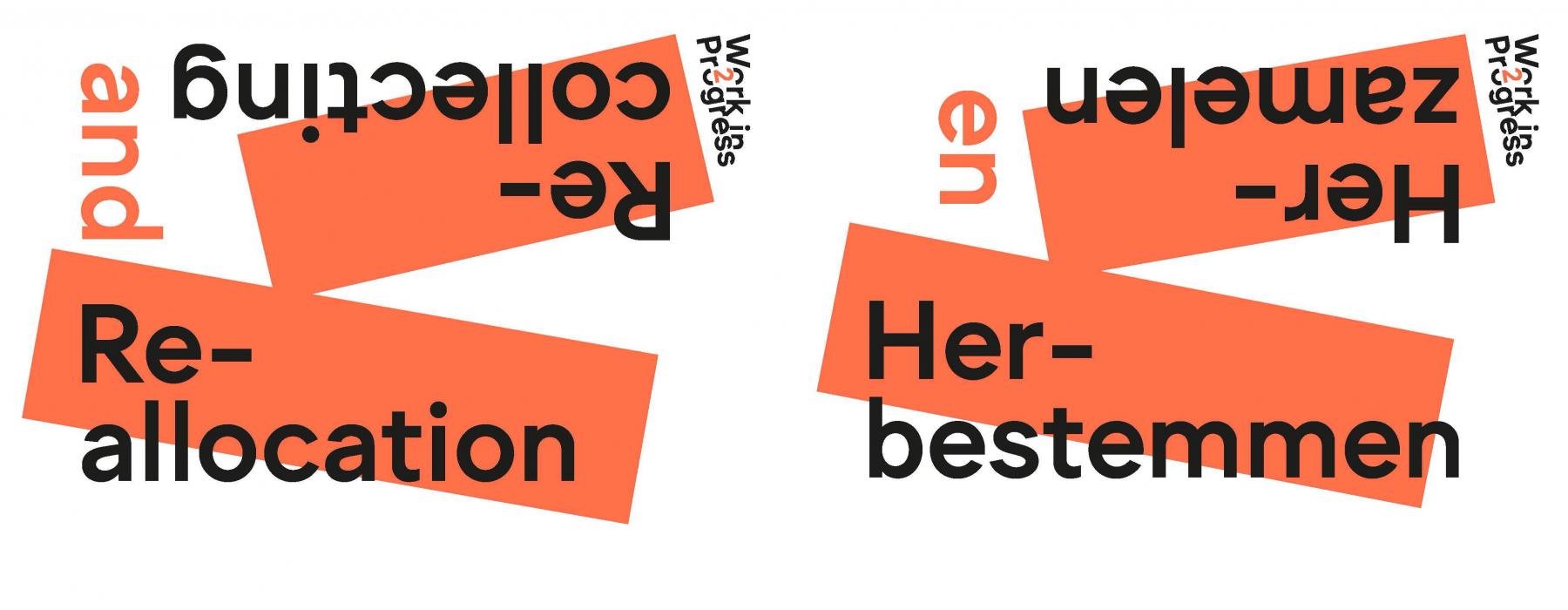
With this publication, we want to draw attention to material reckonings in contemporary museal practice, which inform many of the contributions brought together here. The chapters brought together in this publication address the issue of how museums should approach deaccessioning their objects and explore the possible futures awaiting these objects once they have been deaccessioned. In removing objects from its collections, a museum must decide their fate. And, as any museum professional will attest, the decision to deaccession objects is never taken lightly or recklessly.
The impetus behind this publication stems for a quite remarkable case of deaccessioning, which relates to the Museum Nusantara, Delft. In the Netherlands, as in other parts of Europe, debates about what to do with objects collected during the colonial period are arguably more intense and political now than at any other time in recent memory. The deaccessioning of a collection such as the Museum Nusantara’s, then, raises deep questions about how the colonial past continues to influence the present, how colonial relations have shaped material culture in museums, and how colonialism has shaped museum structures more generally.
Though the publication came about because of this specific case, it aims to provide a general framework for processes of recollecting and reallocation of any kind of collection. The cultural heritage sector acknowledges that deaccessioning is a necessary part of modern collection management. If this is so, why do we dispose of so few objects? And when we do, what does it involve? What ethical issues may arise? How do we determine the cultural value of objects? How do we deal with objects originally donated by private parties? Remarkably enough, this is relatively unfamiliar territory for many museums.
Our museum stands at the center of this international debate. Last year, we contributed to the international discourse by publishing our own approach to claims for the restitution of objects. On the instruction of the Minister, a National Committee is currently working on recommendations for a national policy on this matter. Deaccessioning of international collections is a sensitive and politically volatile topic, further increasing the complexity involved. Deaccessioning is important, and we can learn from each other, exploring new directions and how to establish a truly modern collection policy together.
